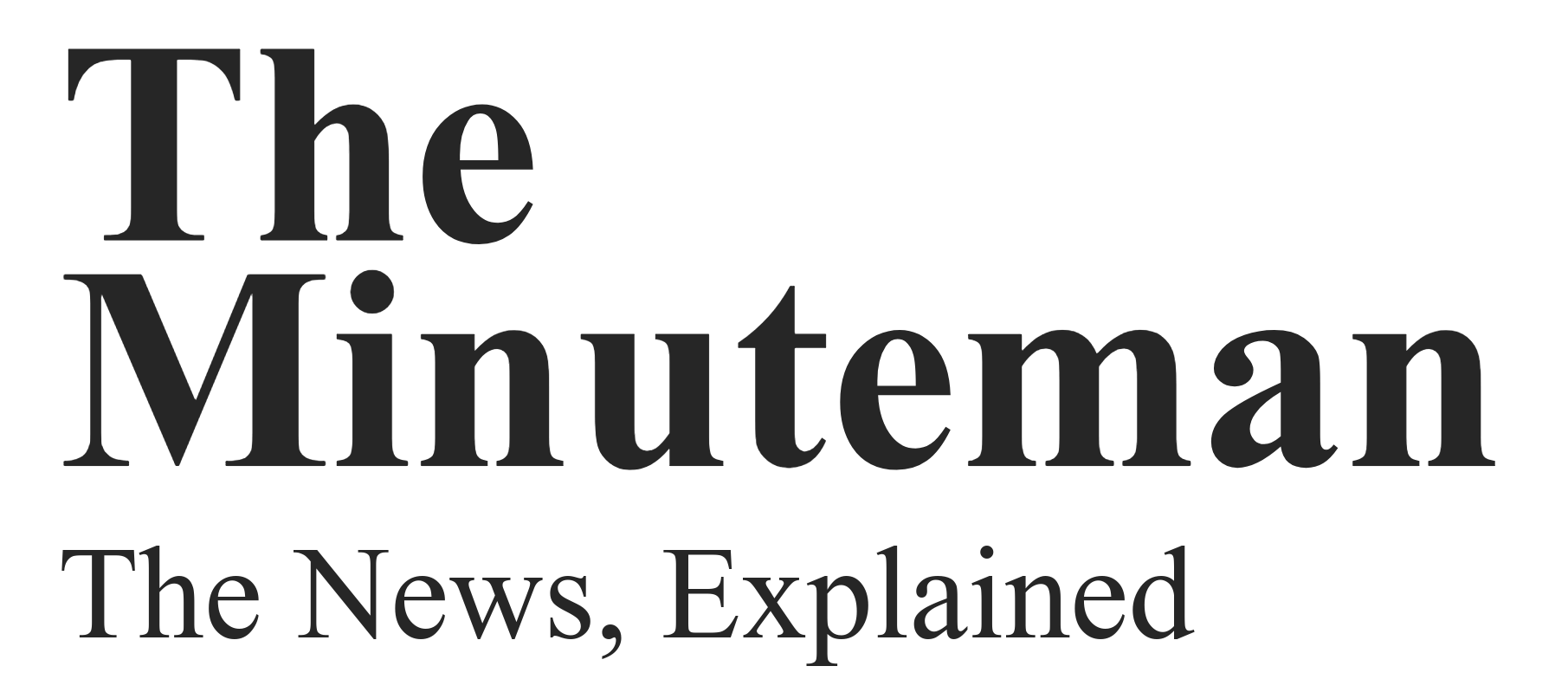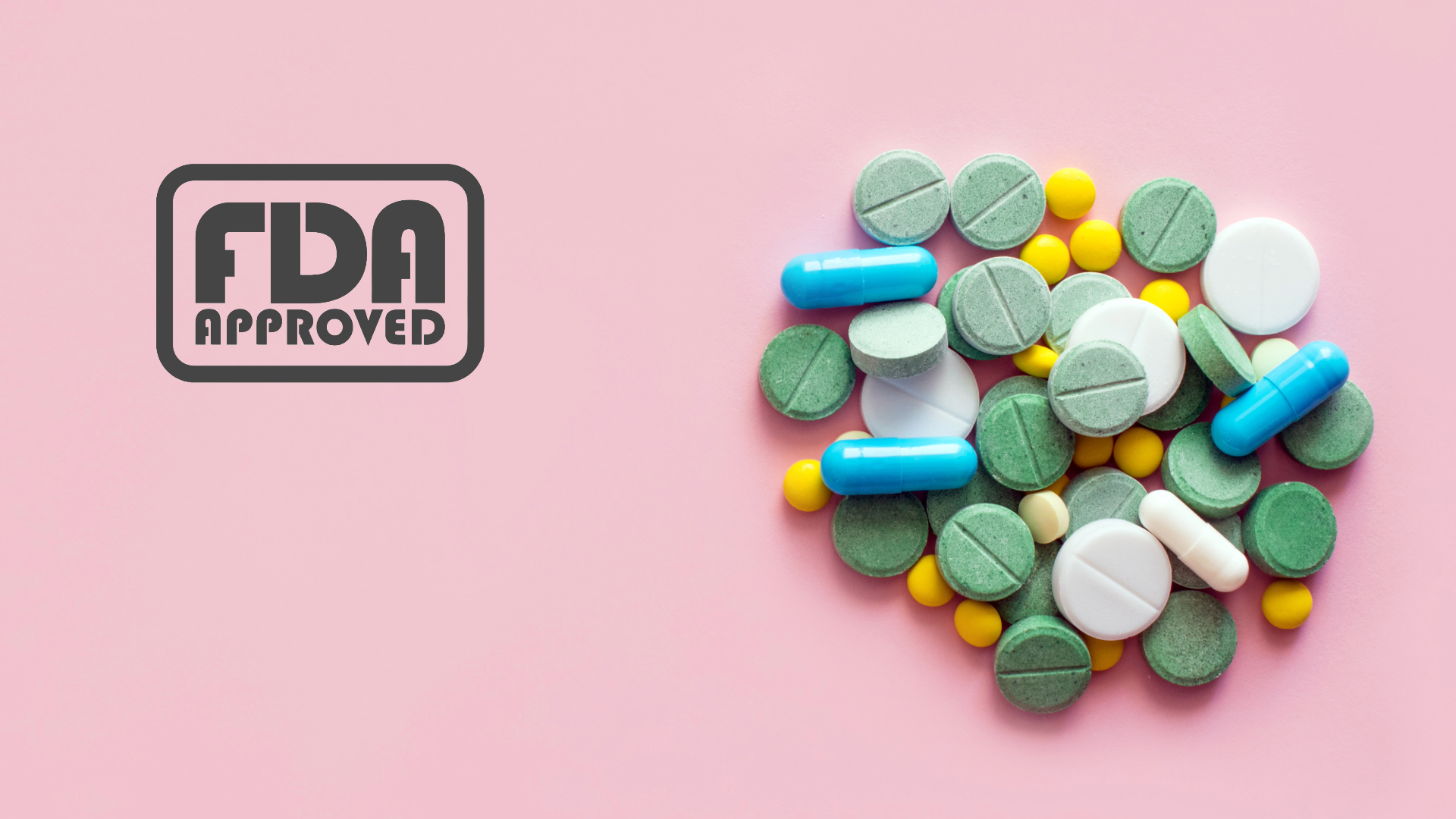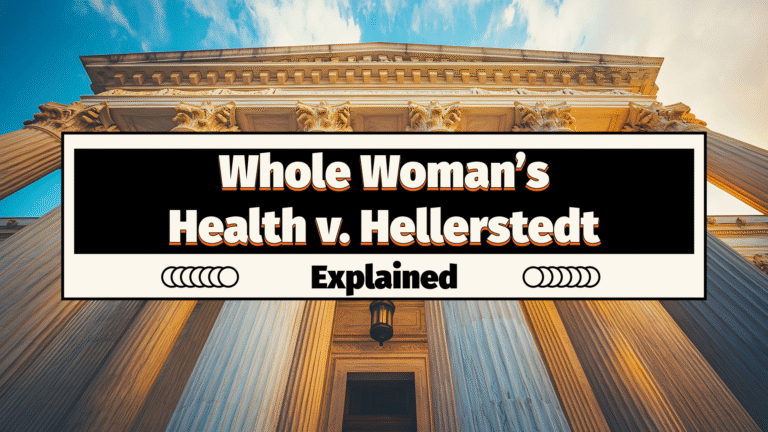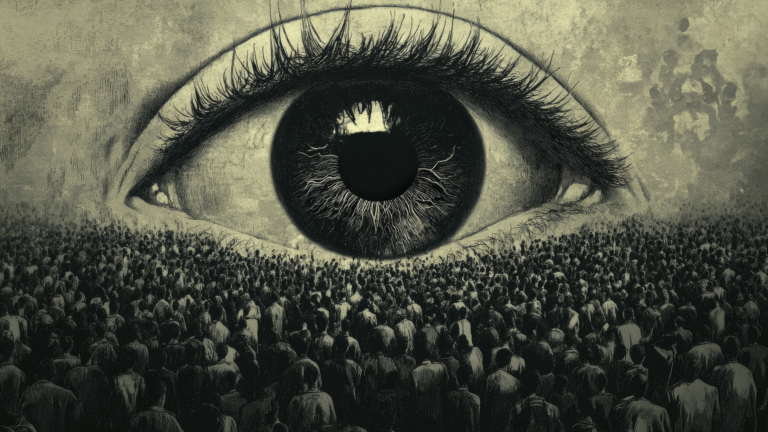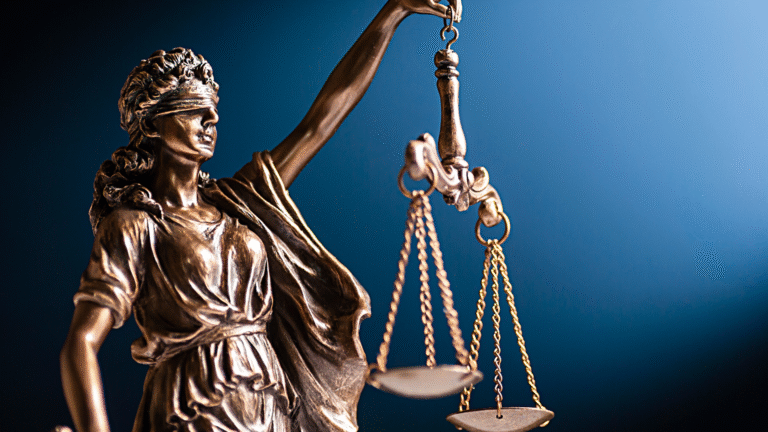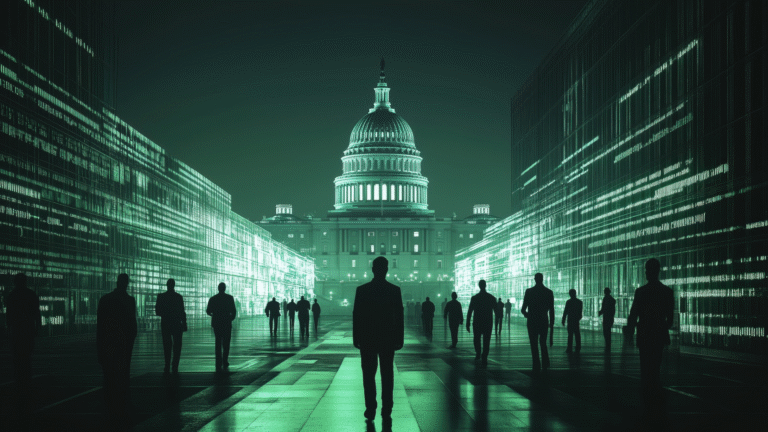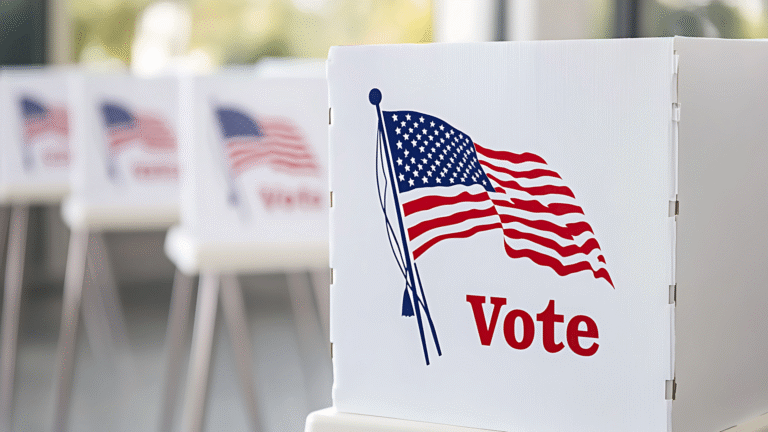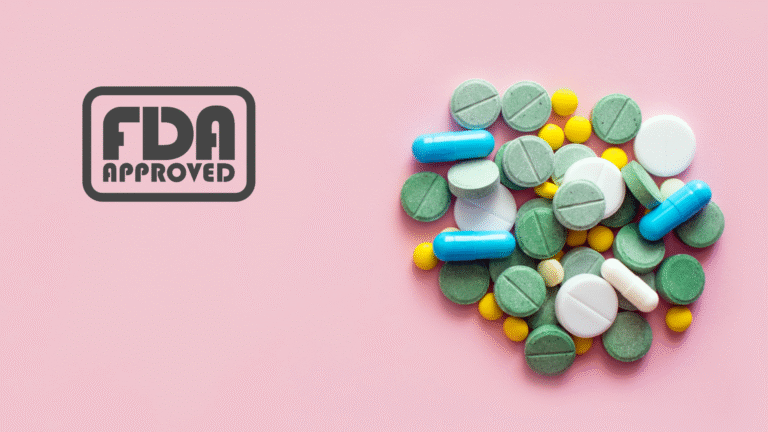What Does The FDA Do?
TL;DR
- The U.S. Food and Drug Administration (FDA) is a federal agency that regulates food, drugs, medical devices, cosmetics, and tobacco to protect public health.
- It reviews and approves new medical products and monitors the safety of those already on the market.
- It does not regulate health insurance, medical practice, pricing, or develop medical products.
- “FDA-approved” means a product has been proven safe and effective for its intended use.
What It Is
The FDA is a U.S. government agency under the Department of Health and Human Services. Its mission is to ensure that a wide range of consumer products—particularly food, drugs, and medical devices—are safe, effective, and truthfully labeled. The agency plays a critical role in public health and patient safety in the United States and abroad.
Why It Matters
- Public safety: Prevents dangerous products from reaching consumers.
- Scientific oversight: Requires rigorous evidence before approving new treatments.
- Trust in medicine: Helps patients and doctors make informed choices about therapies and devices.
- Global influence: Many international agencies adopt or mirror Food and Drug Administration standards.
How It Works / Key Concepts
- Regulatory oversight: Reviews and approves human and animal drugs, vaccines, medical devices, and biologics.
- Inspection and enforcement: Inspects manufacturing facilities in the U.S. and abroad. Takes legal action against unsafe or noncompliant products.
- Post-market surveillance: Monitors the safety of products after they reach the market, recalling items when risks are identified.
- Global operations: Works with international regulators and inspects imported goods.
What It Regulates
- Prescription and over-the-counter drugs for humans and animals
- Vaccines and biologics (e.g., blood products, gene therapies)
- Medical devices (e.g., wheelchairs, pacemakers, surgical robots)
- Electronic products that emit radiation (e.g., X-ray machines, medical lasers)
- Cosmetics and personal care products
- Dietary supplements and food labeling
- Tobacco products
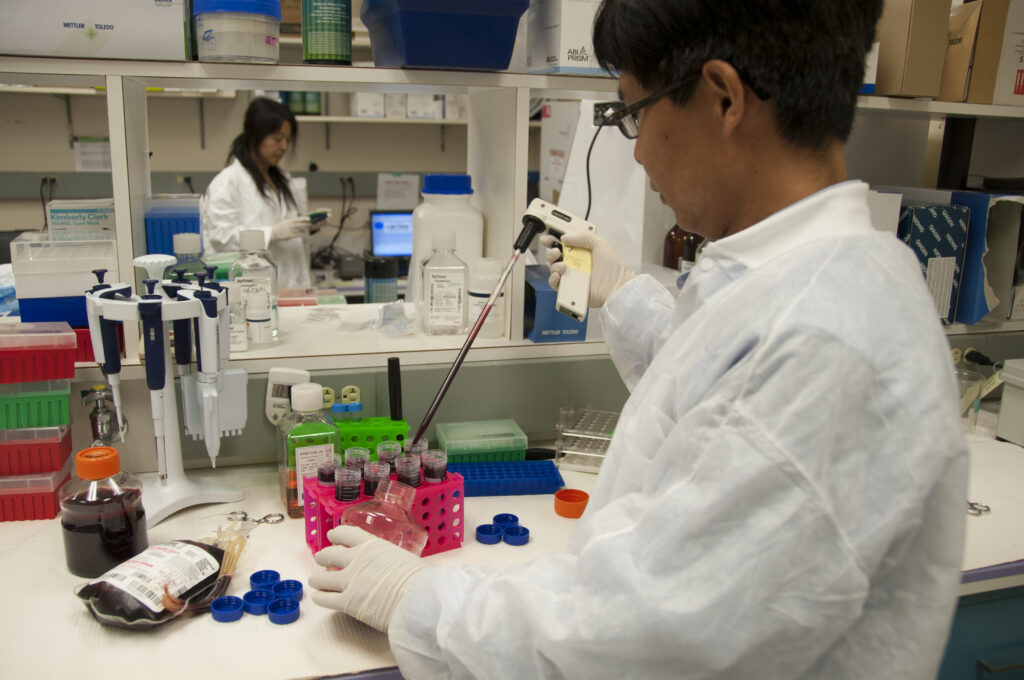
What It Does Not Do
- Set or control drug or device prices
- Decide which products health insurance will cover
- Regulate the practice of medicine or medical services
- Develop medical products
Common Terms
- FDA-approved: Product has been reviewed and determined to be safe and effective for a specific use.
- FDA-cleared: Usually refers to medical devices that are substantially similar to products already on the market.
- Biologic: A complex medical product derived from living organisms (e.g., vaccines, gene therapy).
Examples / Use Cases
- Pfizer-BioNTech COVID-19 vaccine: Underwent emergency use authorization and then full FDA approval.
- Recall of contaminated eye drops: FDA alerted the public and removed products after detecting bacteria.
- Approval of wearable health tech: FDA clears devices like heart-monitoring smartwatches after safety review.
Limitations and Risks
- Scientific uncertainty: Approval is based on the best available evidence, but long-term risks may emerge later.
- Complex bureaucracy: Some approvals can take years due to rigorous data requirements.
- Public misunderstanding: Terms like “FDA-approved” or “natural” are often misinterpreted by consumers.
FAQ
- Is the FDA political?
The agency operates based on scientific evidence and claims its decisions are independent of politics. - Can the FDA ban products?
Yes. It can withdraw approval, issue recalls, and ban imports if safety standards are not met. - How does the FDA differ from the CDC or NIH?
The agency regulates products. The CDC monitors public health threats. The NIH funds and conducts research.
